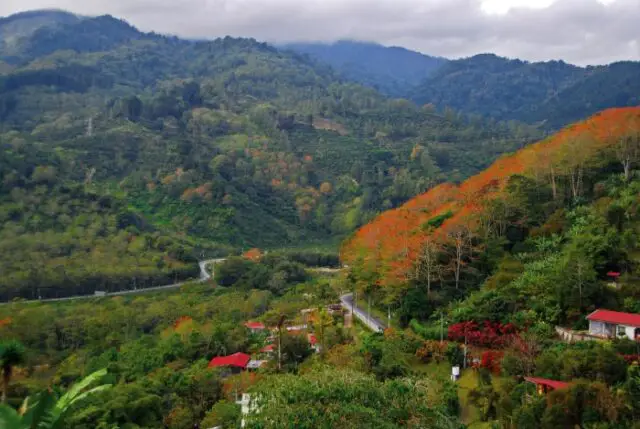
Costa Rica will receive $ 60 million from the World Bank over the next five years, in recognition of the reduction of greenhouse gas emissions and for the protection of forests. The World Bank revealed today during an event in Brussels that Costa Rica would be among the countries that will receive the financing. After Chile, it would be the second country in the region to receive this type of funds.
“This award is a testament to the country’s strong commitment to addressing the impacts of climate change, conserving vital ecosystems, and supporting sustainable development,” said Oscar Avalle, World Bank representative in Costa Rica and El Salvador.
In the case of Costa Rica, the payment of the $ 60 million will be made in three tracts, in recognition of the capture of 12 million tons of carbon dioxide equivalent: First payment in 2021, for 3.4 million metric tons caught between 2018 and 2019. Second payment in 2022, for 3.4 million metric tons caught between 2020 and 2021. Third payment in 2025, for 5.2 million metric tons caught between 2022 and 2024. However, the country could have the revenues more quickly if the committed carbon emissions are captured in a faster way in the indicated period.
The funds come from the Agreement on Payment for Emission Reductions with the Cooperative Fund for Carbon in Forests, known as ERPA (Emission Reduction Purchase Agreement, for its acronym in English) between the Government of Costa Rica and the Cooperative Fund for Carbon of the Forests (FCPF) which is administered by the World Bank.
Women and Indigenous communities

The funds will go to individuals and organizations that own forest land who voluntarily wish to participate in the program. President Carlos Alvarado said that in particular they will benefit key populations such as indigenous territories with forests, as well as organized groups of women and youth that carry out conservation actions, but that due to their conditions do not own the land. “Support like these helps us to involve more and more people in the difficult task of reducing our carbon emissions,” Alvarado said.
The agreement follows the Pay for Results methodology and also includes institutional actions to address the main factors that affect deforestation and forest degradation, such as addressing fires and illegal logging.
The Ministry of Environment and Energy (MINAE) will be the entity in charge of executing the Program through the National Forestry Financing Fund (FONAFIFO) and the National System of Conservation Areas (SINAC).
“This agreement offers new incentives that will help expand participation in these programs, particularly in rural communities where forests play a fundamental economic role; to achieve a more productive approach to forestry and to strengthen monitoring and coordination between agencies,”said Andrea Meza, Minister of Environment and Energy.

